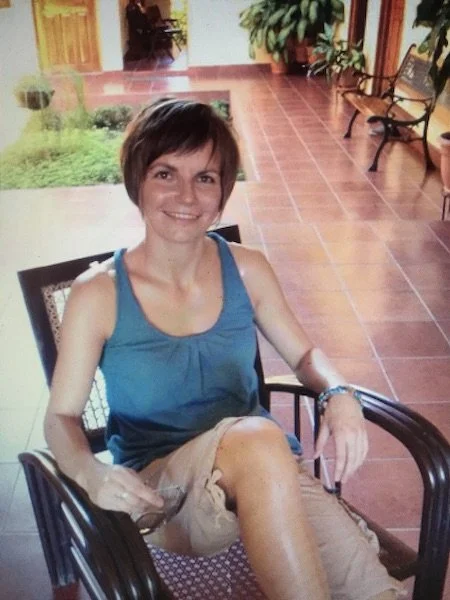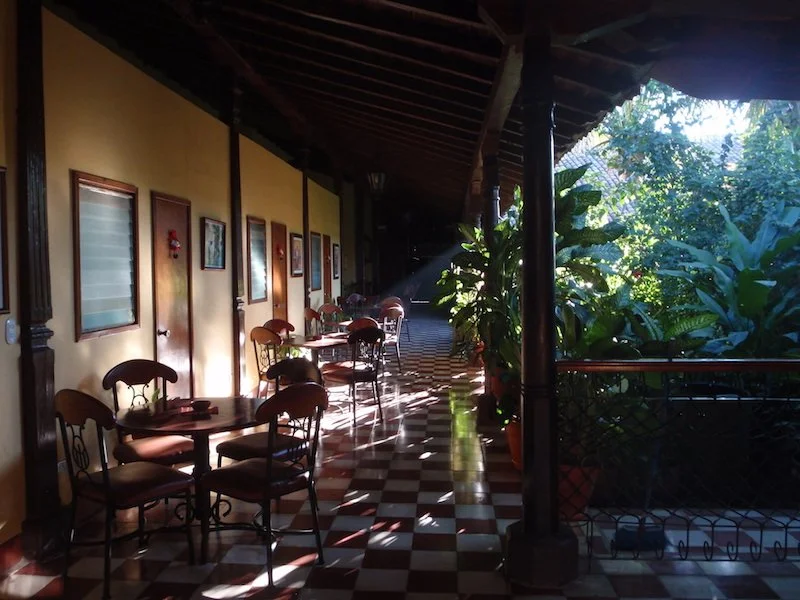My Writing Career: How I Got My Agent
“‘I can smell something good,’ he’d said, and my mind was completely blown.”
I got signed to a literary agent without submitting to a single one. The chances of that happening at slim, to say the least. On average a UK literary agent receives around 50 submissions from new writers every week. That’s more than 2,500 a year. And how many do they take on? Five or six.
So how did I get so lucky?
It happened around eighteen months after I’d written the first word of my first ever novel. It was the summer of 2011 and by that stage I’d ripped through eight drafts of that book, Stars In A Day Sky, which told the story of a Scottish aid worker who went missing in Guatemala.
I loved it. It was the book I’d quit my ‘real’ job to create. Even better, I’d gathered up all my savings and moved to Central America to write it and so spent my days feeling like some kind of bohemian queen as I typed my stories on a tiny red laptop, in the shade of an ever-swaying palm tree and other exotic plants.
There was just one problem.
Once I finished that final draft, I had absolutely no idea what to do next. None. I didn’t really what an agent really was, let alone how to find one. I knew no writers. I wasn’t a member of any writing group. I’d never done a writing course. My only access to the web was via internet cafes and anyway, people didn’t use or rely on the internet so much in 2010.
What to do?
A thoughtful gift from a friend provided the answer. She posted a big fat book called the Writers’ and Artists’ Handbook to my parents’ address in Scotland and when I flew home for a wedding I started flicking through…and knew I’d found a way forward.
For the next two months I lived rent-free in my sister’s spare bedroom, in exchange for cooking and dog-walking duties. The rest of my time was spent scouring that handbook and making hefty hand-written lists and desperately trying to convince myself I was good enough to even think about submitting my book to a professional in the publishing industry.
Another key development during that summer was finding my first ‘tribe’ in the writing world. I applied to join an online writing community called Litopia. New members had to submit a piece of writing for consideration by the hosts and I was ecstatic to be accepted.
It was the first time I’d shown my work to anyone other than my partner. The fact Litopia members didn’t reject it was astounding to me, and hugely exciting. I can’t for the life of me remember how I found Litopia – probably via the Writers’ Handbook? – but entry to that group changed the course of my life.
I suddenly had access to other writers who would critique my work and, absolutely key for me, advise me on the best way to approach agents. After much debate and deleting I put together a submission package featuring a cover letter and the first three thousand words of my novel. I got some useful feedback from Litopia members and started revising, trying not to feel discouraged.
And then it came. A private message from a fellow Litopian, asking to see more of the book.
A group member had read the sample in my submission package and loved it. Not only that, they wanted to share it with an agent they knew. I confess I was very suspicious. I ran through to my sister’s sitting room and told her – someone wants my book! But it seemed too fast, too easy, too convenient. Could I trust this stranger from an online group? I wasn’t convinced – and when I emailed it over I was genuinely worried they might steal my story.
Instead they gave it to an agent called Christopher Little. At the time, that name meant nothing to me. I was clueless about who was who in publishing. It was only later I realised he was the former agent of JK Rowling’s and the man credited with launching her immensely successful career.
The day he read it, I was given feedback on his reaction. ‘I can smell something good,’ he’d said, and my mind was completely blown.
But he didn’t make an offer. He asked me to revise the manuscript quite significantly – including the removal of pretentious chapter headings and the first section of the story. Only then, three months after he’d first read it, was an offer made. It came not from Christopher Little himself but one of his young agents, a woman called Caroline Hardman.
If I’m honest she slightly terrified me at first. But she believed in the book and I struggle to express how much that meant to me. By that time I’d moved back to Latin American and was living in Nicaragua, sharing a crumbling mansion with more than twenty people from all over the world. Caroline called me one day via Skype. The line was poor but our connection was sealed. The bohemian queen was back. But this time, I had an agent…
This is definitely NOT a typical How I Got My Agent story. Many writers submit to dozens of agents before they receive an offer of representation. Many others never get an offer. But that’s just it - no two stories are the same. You might be jammy like me, or you might submit for years without success. And neither route comes with the guarantee of a book deal, as next week’s post will show. So whatever stage you’re at, persevere. Success can come when you least expect it.
For more inspiring stories check out my FREE online book festival, Diary of a Debut Novelist*

